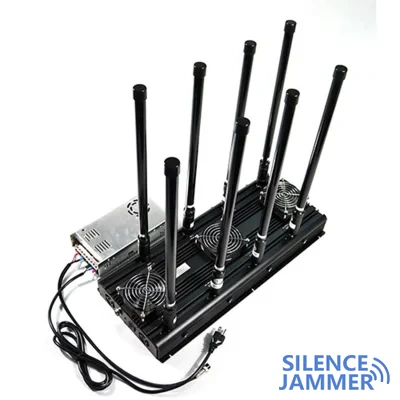Technical background of pager explosions in Lebanon
Recently, a series of pager and walkie-talkie explosions have occurred in Lebanon, resulting in dozens of deaths and injuries.
According to the New York Times, Israeli intelligence agencies are believed to be behind the operation, using a similar explosive device implantation and remote detonation technology as before.
The pagers were allegedly purchased from a Taiwanese supplier and shipped to Hezbollah in Lebanon. However, the devices exploded after receiving a specific signal, indicating that Israeli intelligence agencies may have implanted remotely controlled bombs in the devices.
According to further investigation, some of the walkie-talkies that exploded were IC-V82 models produced by Japan's ICOM.

| Icom IC-V82 | |
| Measurements | 139 mm*54 mm*36.7 mm |
| weight | approx. 390 grams |
| Frequency | VHF 136-174 MHz |
| output power | 7 W (high), 4 W (medium), 0.5 W (low) |
| modulation | FM (Frequency Modulated) |
| channel memory | 207 channels |
| screen | LCD with backlight |
These walkie-talkies were allegedly purchased by Hezbollah five months ago. ICOM said that this model had stopped production and sales as early as ten years ago.
Therefore, it is speculated that these devices may have been implanted with explosive devices at a later stage. Yoshiki Enomoyo, head of ICOM, also confirmed that these devices do not contain any explosives in normal production, indicating that these devices are the result of external operations.
Details of the pager explosion

Among the devices that exploded in the pager, the damaged devices carried the logo of Gold Apollo, a small Taiwanese manufacturer. The BBC investigation team visited the company's office in the suburbs of Taipei, and its founder Xu Qingguang denied any connection with the incident.
He pointed out that the pagers were actually purchased through a Hungarian company, BAC Consulting. Hungarian officials also responded to the company, saying that the company was just a "trade intermediary with no production or operation sites."
Although the New York Times report believes that the Hungarian company may be a cover for Israeli intelligence agencies, this claim has not been confirmed and the BBC has not been able to further verify these details.
Mossad has long used sophisticated explosive device implantation technology, from telephone bombs to today's remote control devices, and the continuous upgrading of technical means enables it to assassinate without the target's knowledge.
The Lebanon explosion once again demonstrated the evolution of this technology. In this pager explosion, the activation mechanism of the explosive device is likely to rely on wireless signals, which makes walkie-talkie signal jammers and other jamming devices more important.
The role of signal jammers in modern warfare
Walkie-talkie jammers were originally used to prevent criminals or terrorists from illegally communicating or detonating bombs through wireless devices. For example, in certain sensitive places such as prisons, conference rooms or battlefield environments, signal jammers can prevent the use of mobile phones, walkie-talkies and other devices.
In this Lebanese pager explosion, walkie-talkie wireless signal jammer devices can prevent the device from receiving specific detonation signals to ensure the safety of civilians.
Technology integration in information warfare
In 2020, in the assassination of Iranian nuclear scientist Fakhrizadeh, it was rumored that Israel used a remote-controlled automatic weapon system that combined artificial intelligence and complex communication technology. Although there is no direct evidence that wireless jammers played a role in this incident, this technology has great potential for application in future information warfare. Walkie-talkie jammers can interfere with enemy drone control, navigation systems or other devices that rely on wireless signals.
In general, the continuous upgrading of intelligence technology and remote control technology has made assassination operations more accurate and efficient, and has also provided more possibilities for the development of modern military and intelligence tactics. In the future, as technology advances, signal jammers and other communication jamming devices will play a more important role in war and intelligence operations.





